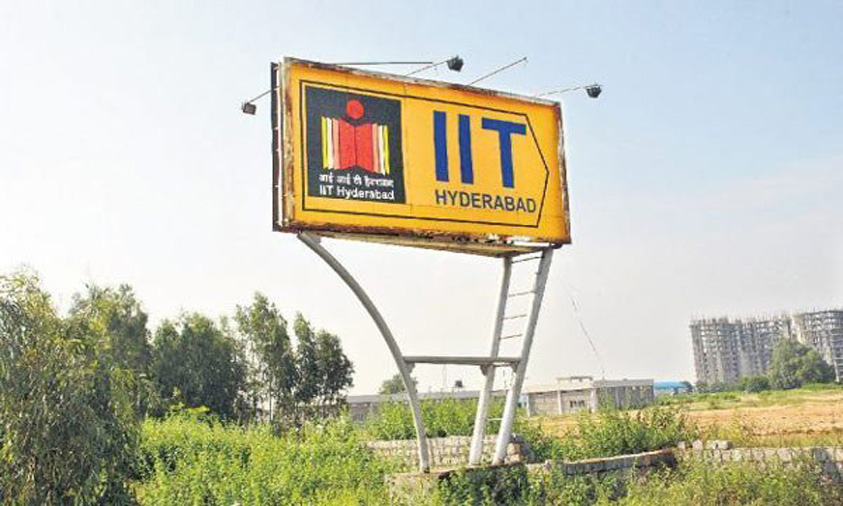Sangareddy: Indian Institute of Technology-Hyderabad (IIT-H) will host an International Conference on Assessment, Rehabilitation and Retrofitting of Structures (CARRS) 2020 from December 14 to 16, 2020. It is being organised jointly in Association of Structural Rehabilitation (ASTR).
CARRS 2020 will be the first international conference to be held in India, covering the fields of structural assessment, repair and rehabilitation of structures. It will bring together leading academic scientists, researchers, students and practicing engineers from all over the world to exchange their expertise, research outcomes on aspects of structural health assessment and strengthening.
It will also provide a multi-disciplinary platform for the research community, practicing engineers, contractors, academicians and government agencies to share the latest advances, trends, and practical challenges in fields of repair and rehabilitation of civil infrastructure.
The civil infrastructure industry is under constant pressure to upgrade existing structures, which have deteriorated because of steel rebar corrosion and concrete spalling. In India, more than 6,000 bridges are at the end of their life and require immediate strengthening.
Speaking about the importance of the conference, Dr S Suriya Prakash, Conference Secretary and Associate Professor, Department of Civil Engineering, IIT-H said: “Around 17,000 Indian railway bridges need immediate strengthening.
Among the outcomes we expect from this conference is developing a strategic partnership between the research community and practicing engineers to work on ready-to-use technologies for a faster and economic strengthening of civil infrastructure. This conference is likely to see 500 participants from all over the world. About three hundred research papers will be presented in several sessions over a period of three days.”
Moreover, this conference will also help gather and assess already available information related to retrofitting and rehabilitation of civil infrastructure. Themes of the conference include Structural condition assessment and health monitoring, repair, rehabilitation and retrofitting of structures, strengthening using FRP composites, Innovative repair materials and case studies in structural strengthening.
Targeted outcomes
A shared understanding of the current design methodologies and discussion of new design guidelines. To promote the development and use of innovative materials and methodologies for the rehabilitation and retrofit of structures. Improving the knowledge gap in conditional assessment and strengthening of civil infrastructures in India.
Key information and follow up products that will be produced and disseminated during and after the conference would be related to civil infrastructure but not limited to heritage structures, residential buildings, office/factory/commercial buildings, lifelines such as roads, rail, and hospitals.
Structures, when exposed to harsh environmental conditions, lose their aesthetics as well as strength. New structures constructed using reinforced concrete or fully steel can also have several performance issues. Structural engineering faculty at IIT-H are world-renowned experts working in the areas related to the theme of the conference. The advanced facilities in the Institute cater to the research needs of the areas covering, but not limited to, structural assessment, repair and rehabilitation of structures.
Researchers at IIT-H have developed innovative hybrid fibre reinforced polymer-based schemes for strengthening reinforced concrete elements subjected to varying levels of bending and axial loads. Successful test programmes also were conducted to develop technologies for the use of inorganic bonding materials in the strengthening of structures.
In the areas of structural health monitoring, substantial research has been carried out on the usage of piezoelectric and acoustic emission sensors. Various cutting edge research papers have been published by researchers of IIT-H in top-notch research journals. The last date for submitting the abstract submission is January 31 and full paper submission is May 31.
